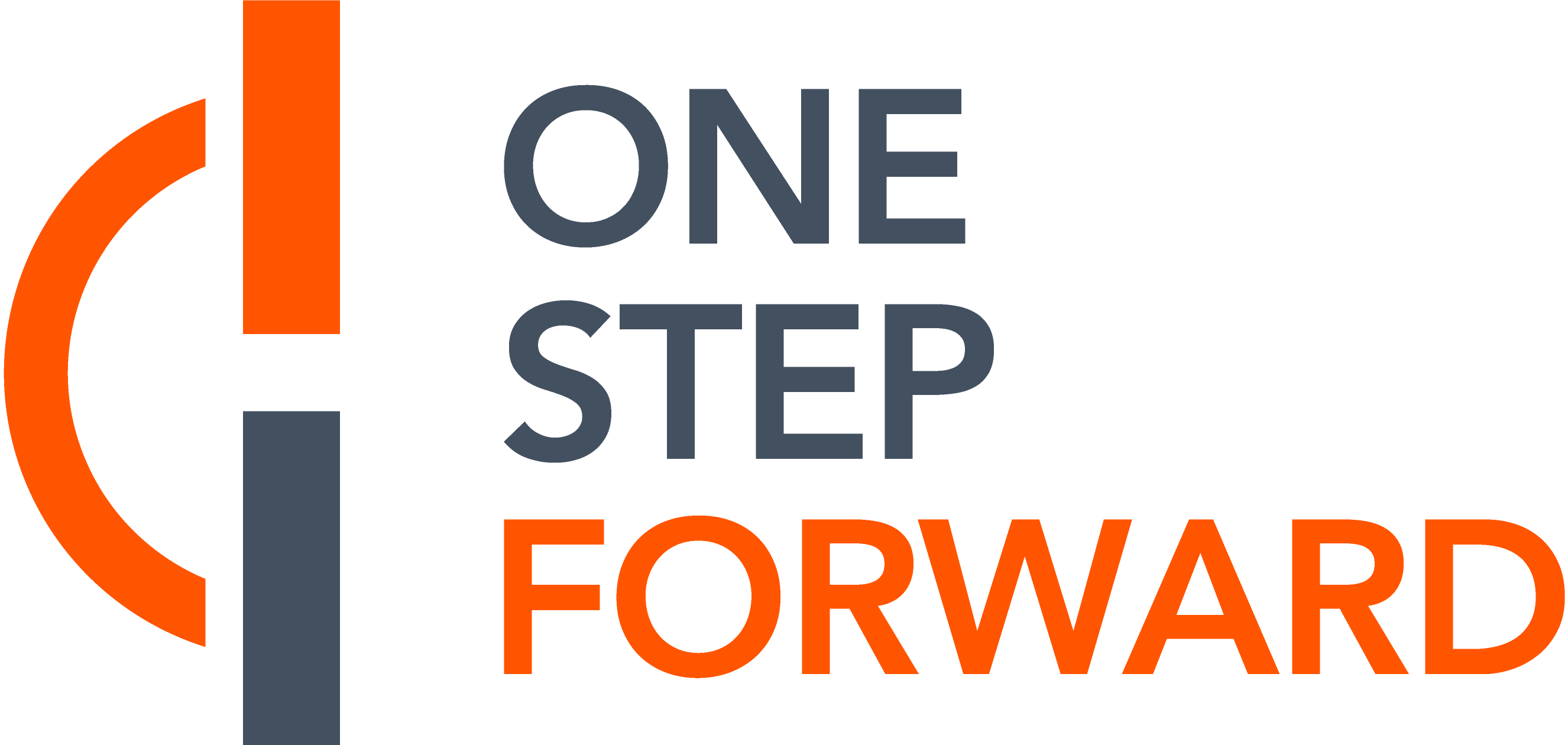Episode notes
Josep is a career humanitarian who’s spent 20+ years with UNHCR working with refugees, and on forced displacement.
But alongside that, there’s something a bit unusual. That twigged for me when we met a few years back in Central Asia — and he started speaking in Tajik to a local community, despite never having worked in the region.
It turned out that alongside a half-dozen European languages he’s also invested in Persian* and Arabic, and that’s kind of the key to this one.
What does it take to listen respectfully, and understand, in contexts where you’re necessarily an outsider? What does good judgment and decision-making look like in contexts that are often cartoonishly fast-paced?
At bottom this is a conversation about professional honesty, and doing the best job you can manage, in complex environments.
(* For the uninitiated, Tajik is a dialect of Persian closely related to Dari. Your fun linguistic fact for the day.)
Topics discussed:
[02:20] Explaining the humanitarian profession to friends and family. Maintaining ties to home over 20+ years.
[06:30] Pivoting from a degree in philosophy to international refugee work. Fast thinking, slow thinking, and the appeal of a job requiring high levels of judgment.
[12:50] Experiences with rushed and ill-conceived approaches in the humanitarian sector. The temptation to think places are simpler, or simply different, than how they really are.
[21:45] Going where the work is, and avoiding capital cities. Learning to be an extravert for practical reasons, and then learning to enjoy it.
[25:55] Making the time for professional honesty, and thinking about success and failure. Reconciling careful decision-making with the everyday pressures of the humanitarian sector.
[32:30] What keeps the work fresh after 20+ years. A formative experience with indigenous groups in Colombia.
[38:10] The trade-offs of working in a large bureaucracy. Fitting a careful and individualistic style into a process-heavy and often trend-driven environment.
[44:20] Overall learning from a long career. Sticking to basic principles as trends come and go.
[54:05] The trade-offs of working in a large bureaucracy. Fitting a careful and individualistic style into a process-heavy and often trend-driven environment.
